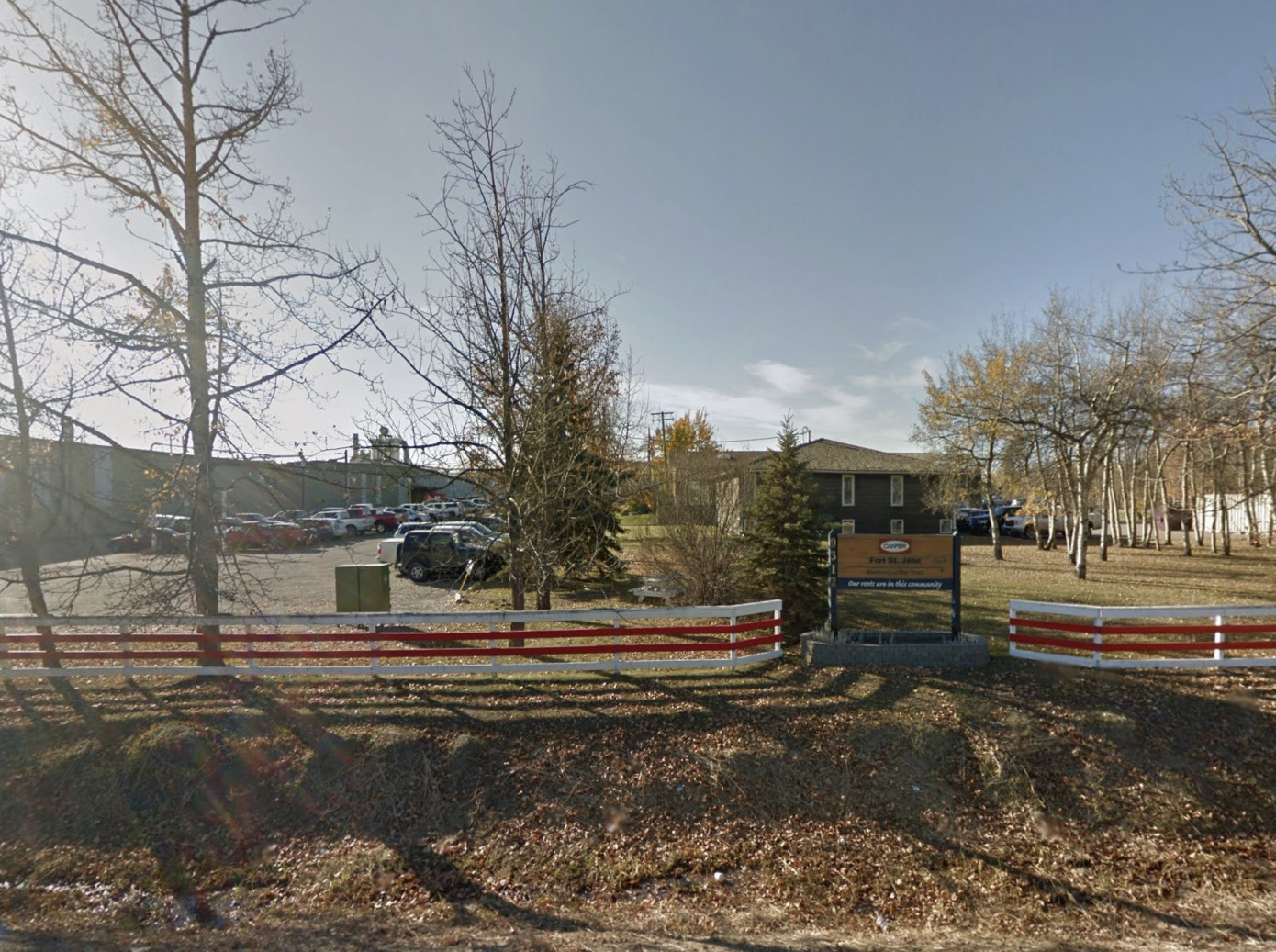Canfor Corporation announced the closure of its Plateau and Fort St. John sawmills in northern British Columbia, affecting 500 employees and eliminating 670 million board feet of annual production. This decision follows ongoing challenges such as high operating costs, limited access to economic fibre, and increased US tariffs.
According to Canfor CEO Don Kayne, the closures come after years of operational difficulties, worsened by complex regulations and significant financial losses. The recent rise in US tariffs, expected to more than double next year, intensified the decision, with Kayne calling the situation unsustainable. The wind-down of operations is expected to be complete by the end of 2024.
In June, Canfor had already curtailed the sawmill and planer operations at the Fort St. John facility due to similar challenges.
Canfor said it is committed to supporting impacted employees through severance and transition plans, while exploring options to divest other northern BC tenures. The company remains focused on advocating for changes to support the long-term viability of BC's forest industry.
Bruce Ralston, Minister of Forests, addressed Canfor’s decision, emphasizing support for affected workers and communities. He criticized the US Department of Commerce for increasing softwood lumber duties, which he said is harming forestry communities, and vowed continued action to protect jobs in BC's forestry sector. Ralston pointed to efforts to increase fibre access and secure private-sector investment through programs like the BC Manufacturing Jobs Fund, designed to modernize local forestry operations and ensure sustainability for future generations.
Update: The paragraph below was removed as it pertains to an event that occurred in June 2019, not in 2024. According to the company's statement, the mill was reopened in 2021 and has been fully operational since then. It currently employs nearly 200 people.
Removed paragraph:
Additionally, Louisiana-Pacific Corporation (LP) announced in June that it would indefinitely curtail production of oriented strand board (OSB) at its Peace Valley facility in Fort St. John starting early in the third quarter. LP Executive Vice President Jason Ringblom cited declining housing starts, high wood costs, and associated cost pressures as reasons for the move, aimed at optimizing the company's OSB business in tough market conditions.
Updated Sep 5, 2024 at 8:57 am CDT
